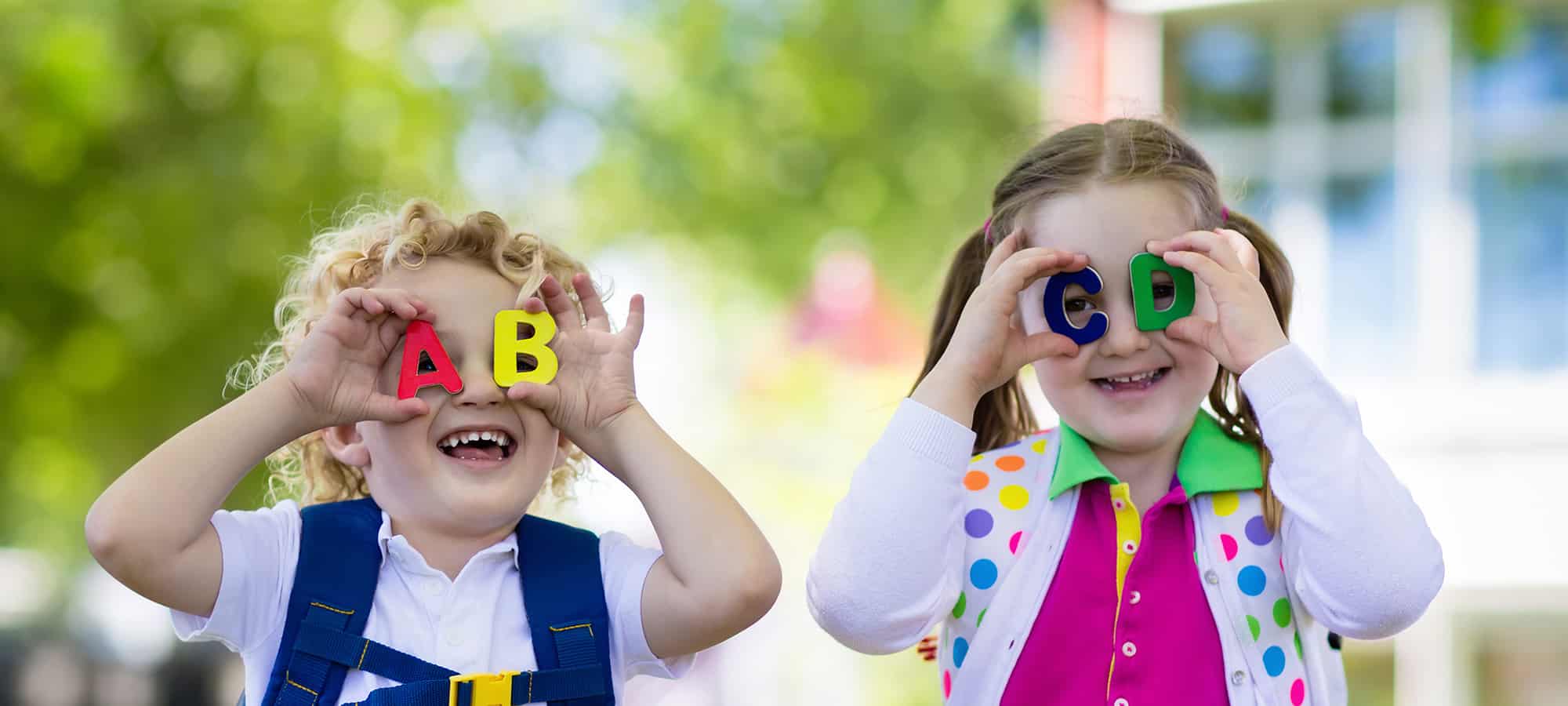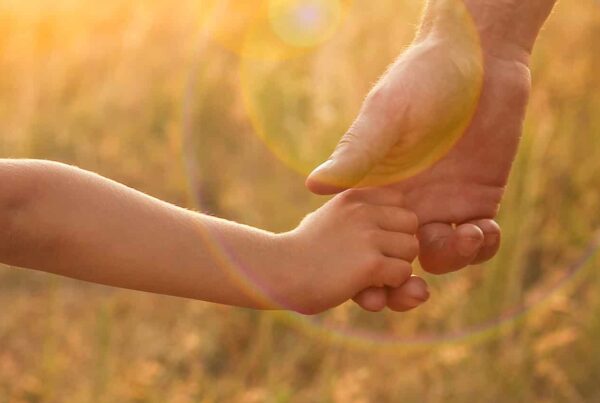Early Childhood is a procession of ‘firsts’; first smile, first solid food, first word, first steps, first day at preschool and a hundred other milestones. But, for some children, and for many parents, the most traumatic ‘first’ is your child’s first day of Kindergarten.
Change can be scary, or it can be a new adventure to be built up to with excitement and eager anticipation. It’s all in the mindset that we, as parents, bring to it and imbue into our children. Fear is an innate human response to the unknown, so the most important thing we can do is to replace fear with excitement, by making the ‘unknown’ known.
Prior to the First Day of Kindergarten
Most children have already undergone orientation visits, and most schools are extremely good at putting ‘the littlies’ at ease in the new environment. As parents, we can build on this foundation, or, if there has been no orientation visit, we can remove the fear by how we talk about the new adventure of ‘Big School’.
Talk enthusiastically about the new experiences that await them. Create a ‘countdown’ chart, similar to an advent calendar. The child ticks off each approaching day, and receives a gift related to school such as colouring in pencils, a keychain mascot to hang on their bag, a lunchbox with their favourite character on it…the potential gifts are endless, and all necessary for school anyway. The countdown allows you to share something exciting that awaits them when they go to school. Also, ask them what they are looking forward to and help draw out their answers – then reiterate them in future sessions.
If you are reading this with only a couple of days to go before ‘the Big Day’, do the count-down in hours, instead. My grandson Ryley (one of five who live with us) proudly wears the T-Shirt given to him by his future preschool, which reads: I’m Going to Big School at Berkley Vale Primary. He is excited that it’s his turn to get to go where his three elder siblings have already gone.
Throwing a family party (child’s choice of food, a small celebration cake, even party hats) on the evening before school starts is another way to signal that this is something to celebrate and look forward to.
Following the First Day of Kindergarten
Here are a few things to consider in the first weeks of school (and beyond):
- When your child begins attending Kindergarten, he or she will likely be tired after the first few days. Make sure that you provide plenty of opportunity to sleep, to prepare them for the extra demands that a whole day of school will place on them.
- Take the time to ask them what they have done during the day and spend some time discussing it with them. What did they enjoy? What did they find out that they didn’t know? Was there anything they were unsure of?
- Discuss any drawings or craft they bring home and perhaps design an activity that extends from it (making up an oral story, modelling from Playdough, drawing another picture together, singing a song related to the subject etc.).
- Ask them what they think they will do tomorrow and be excited about whatever they predict. You will be able to discuss whether they were right in their prediction when you talk tomorrow.
- Plan tomorrow’s lunch and play-lunch together, so that they have something to look forward to. This gives you the chance to talk about ‘healthy choices’ in a fun, non-dictatorial way. Give them choices between different healthy foods so that they feel in control, but you are satisfied that they will be eating well.
The key to everything is the enthusiasm and engagement you show for every aspect of their school-day. You are the North on their emotional compass. They take their emotional cues from you and if you’re enthusiastic and certain they’re going to have fun, chances are they will.
Establish good communication with the teacher from Day One, but don’t be demanding and tell them what to do. The goal is to stay abreast of what is happening in the classroom. This ensures that you can help reinforce the learnings and identify any challenges, so that you or the teacher can help address them.
Handling the Emotions
Above all, on their first day, don’t be emotional yourself. Don’t tell them you’ll miss them, or you give them permission to miss you – even before you’ve gone. This means they’ll be more likely to resist you going. Tell them how much fun they’re going to have, and how much you loved school at their age. Tell them you’re going to ask them all about their first day adventure when you pick them up – especially all the new friends they make.
Research shows that positive emotion improves retention, while negative emotion blocks learning, so:
Focus On The Fun!
By Brian Caswell, Dean of Research and Programme Development, MindChamps PreSchool Limited





